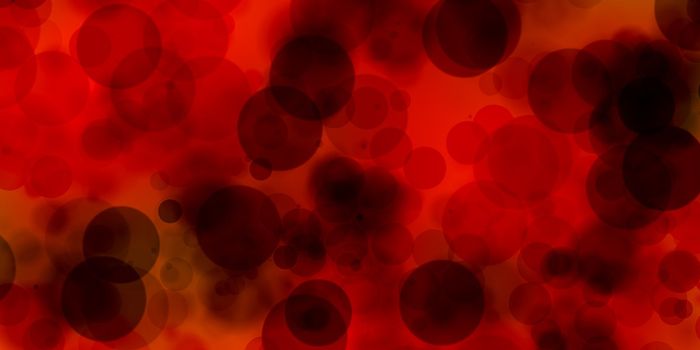Hobit Activates Cancer-Killing Immune Cells
Innate lymphoid cells, or ILCs, are specialized immune cells that are increasingly entering the research spotlight. These cells mirror many of the characteristics and functions of T cells. In contrast, however, ILCs do not have antigen receptors on their cell surfaces, nor do they migrate to the site of infection and expand in numbers when stimulated by the presence of pathogens. Instead, ILCs stay put in tissues and organs where they churn out an inflammatory cocktail of cytokines in response to tissue injury or infection.
These powerful immune functions can be harnessed therapeutically. But first, scientists must find a missing piece in the ILC puzzle: how these cells differentiate and mature into fully-fledged immune warriors.
Georg Gasteiger and colleagues at the Max Planck Research Group set out in search of answers, seeking to more deeply understand how immature ILCs turn into operational effector cells capable of killing malignant or infected cells. The researchers took a closer look at a subpopulation of liver ILCs known to be involved in both these immune processes, creating a genetic atlas of mRNA molecules extracted and compiled from individual lLCs.
Among the team’s breakthrough findings was the observation that a cohort of ‘supply’ ILCs resided within tissues. These cells can multiply rapidly upon sensing danger and differentiate into killer ILCs, a process driven by a transcription factor gene called Hobit. These immune killers have specific molecular signatures that enable them to recognize and eliminate cancer effectively.
These findings contradict what the textbooks say about ILCs—that ILCs consist of a heterogeneous mix of different cell types. Instead, Gasteiger and colleagues demonstrate different degrees of specialization in ILCs, which stem from a single population of supply cells.
The team plans to continue delving into the mysterious world of ILC biology, seeking clues on activating killer ILCs therapeutically to eradicate tumors and cancer metastases developing within tissues. Moreover, because Hobit is expressed in other cytotoxic cells of the human immune system, understanding the role of this transcription factor in modulating other immune effects may help unlock novel mechanisms for fighting cancer in different tissues.
Source: Nature Immunology.









